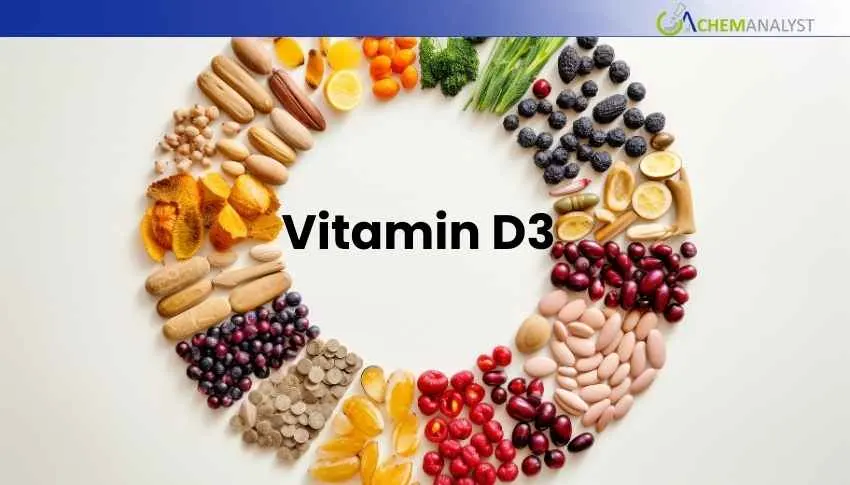Welcome To ChemAnalyst

In August 2025, China’s Vitamin D3 market experienced a pronounced downturn driven by subdued domestic and international demand alongside elevated inventory levels. Stable production and uninterrupted logistics sustained supply, but cautious buyer sentiment and preference for spot purchases suppressed transaction volumes. Export activity weakened due to global trade uncertainty and extended U.S.-China tariff truce, further dampening overseas orders. Suppliers accelerated stock clearance amid regional disruptions, offering discounts to stimulate sales. With muted demand and persistent oversupply, bearish market conditions prevailed, exerting downward pressure on prices expected to continue in the coming months.
Key Highlights
On the demand side, Vitamin Dx witnessed subdued demand throughout August xxxx. This is driven by tepid consumption and ample supply. Domestic production of Vitamin Dx remained stable, but the transaction volumes...
We use cookies to deliver the best possible experience on our website. To learn more, visit our Privacy Policy. By continuing to use this site or by closing this box, you consent to our use of cookies. More info.
